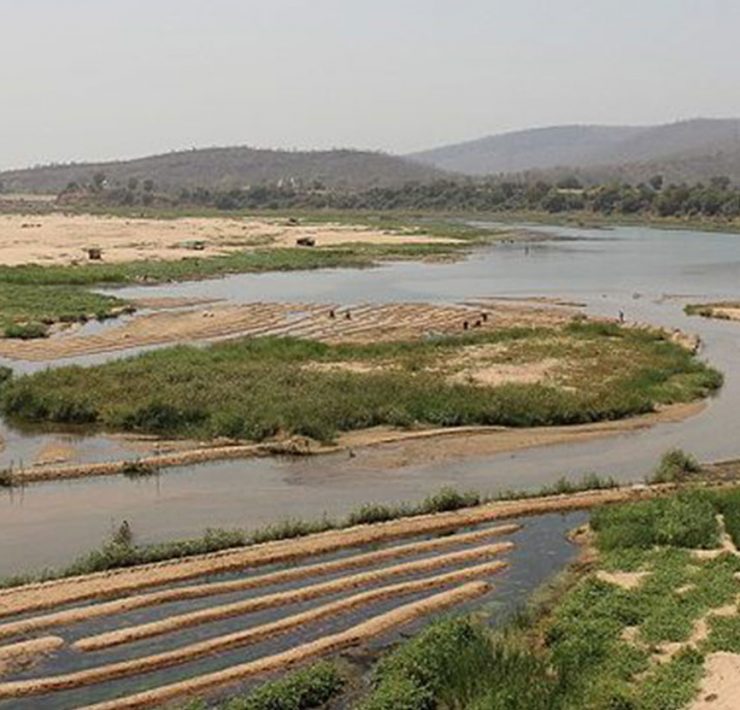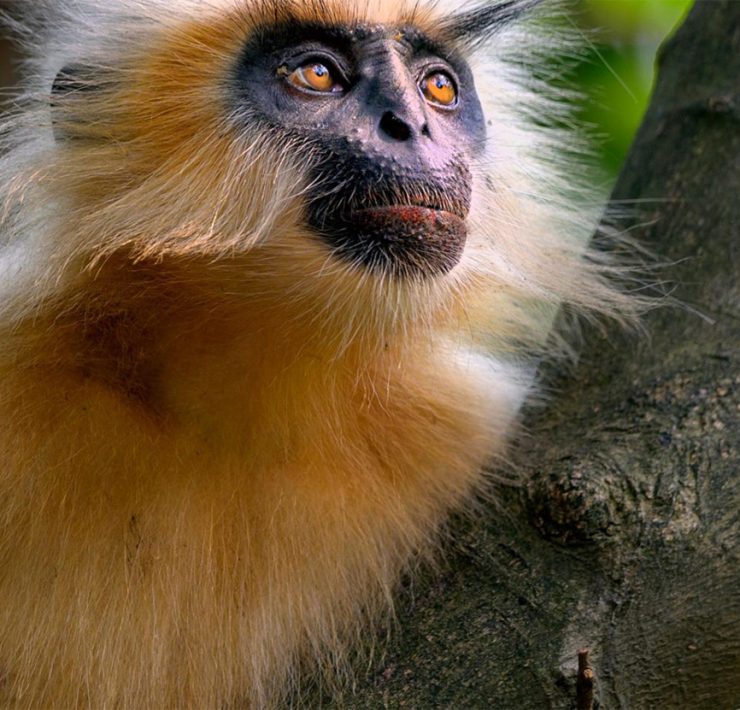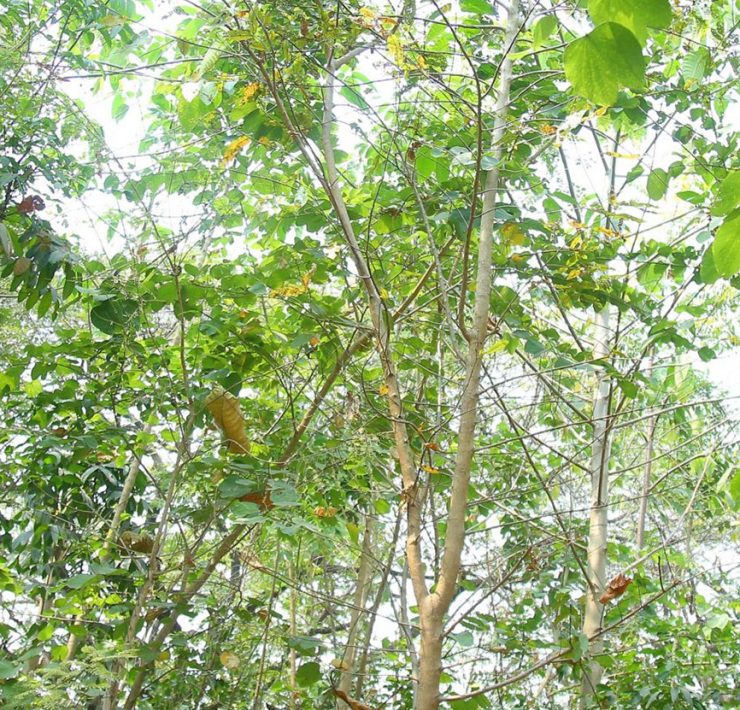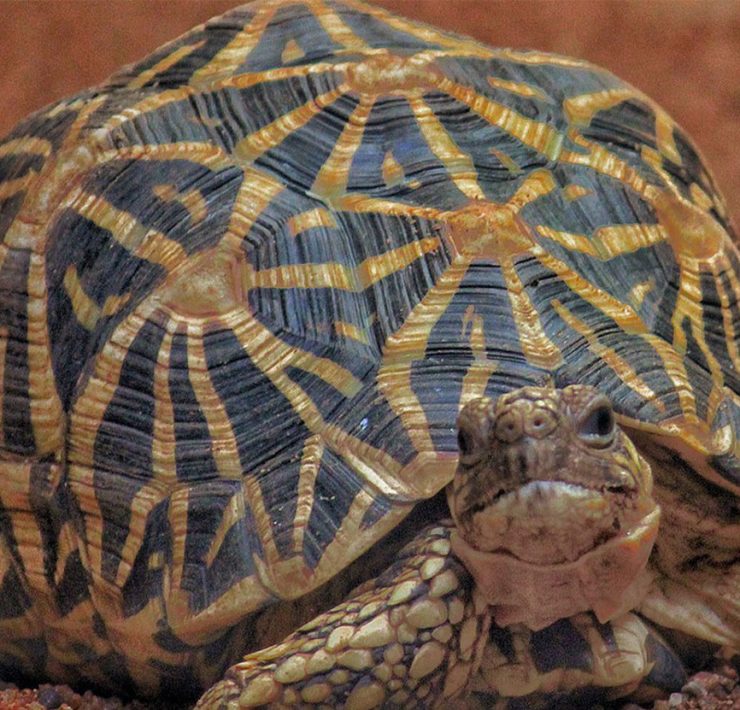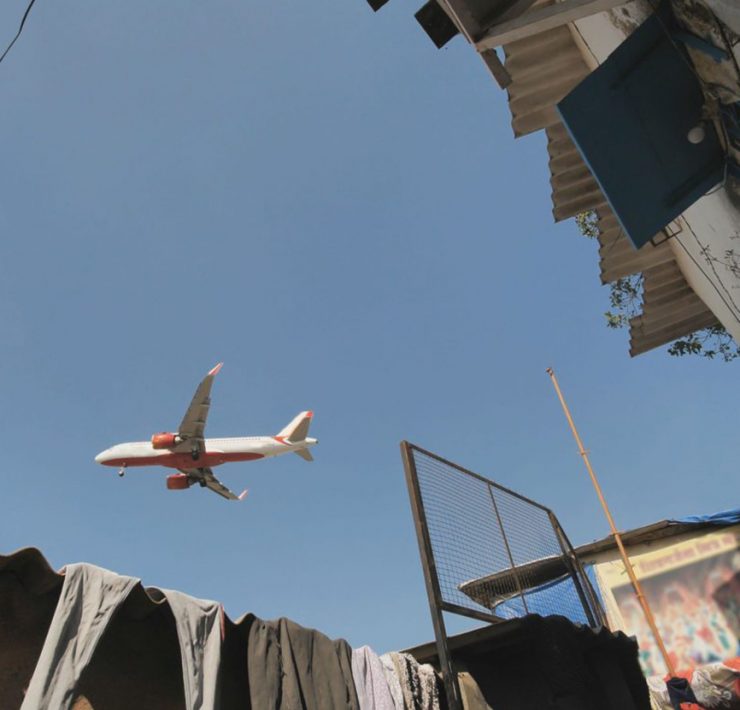Two Indian banks linked to ecosystem destruction
- Although top global banks are bankrolling biodiversity loss and ecosystem destruction at an unprecedented scale, the finance sector has largely evaded scrutiny till now
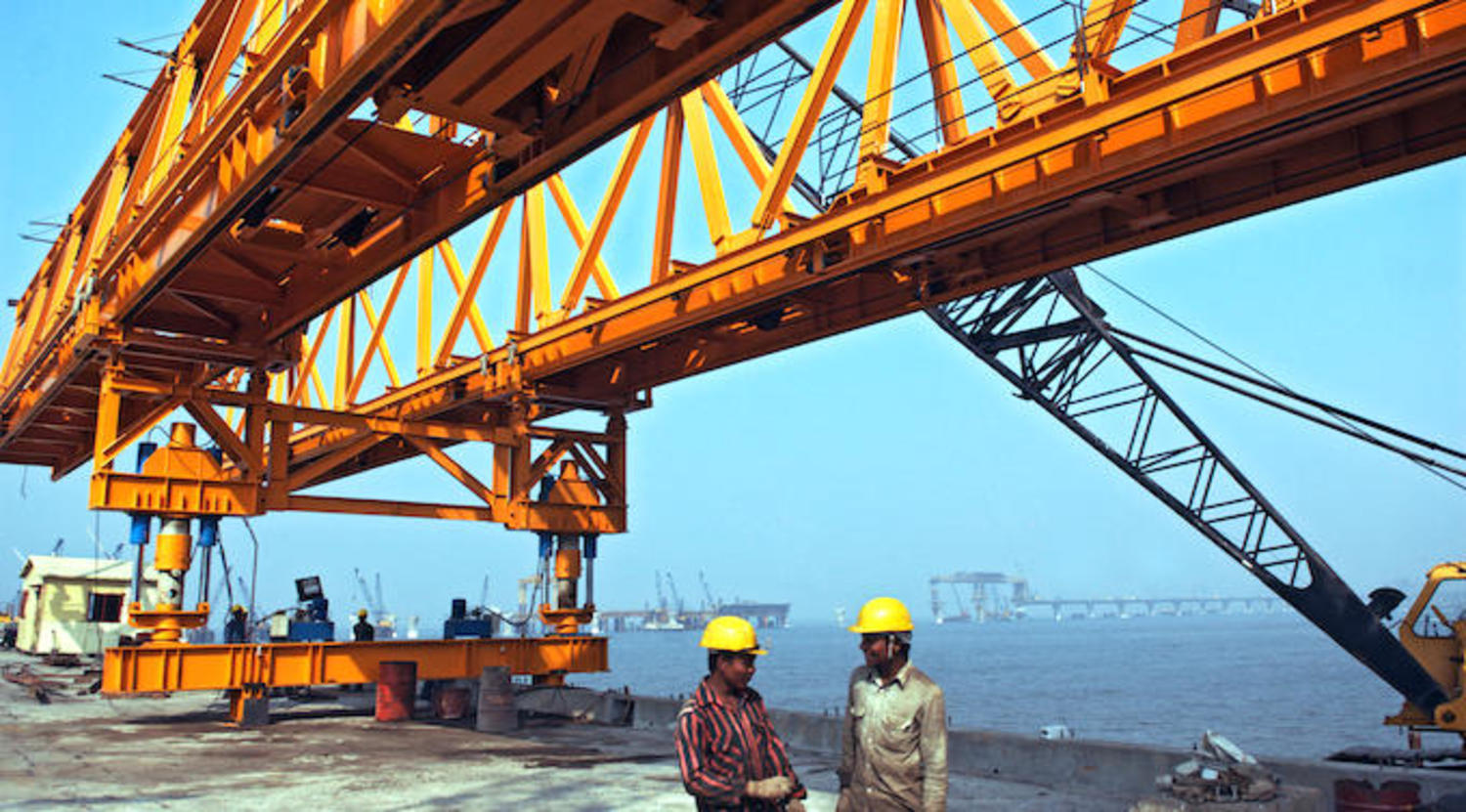
At least 50 global banks invested more than USD 2.6 trillion in 2019 alone in projects identified as drivers of biodiversity loss that include agriculture, forestry, mining, fossil fuels, infrastructure, tourism and transport and logistics sectors, a new report has found.
The report — Bankrolling Extinction — said none of the banks, which included global majors such as Bank of America, Citigroup, JP Morgan Chase, Mizuho Financial, Wells Fargo, BNP Paribas, Mitsubishi UFJ Financial, HSBC, SMBC Group and Barclays, have chosen to put policies or systems in place to monitor or measure the impact of their loans on biodiversity.
The report, launched last week by the collaborative group portfolio.earth, states that the financial sector is bankrolling the mass extinction crisis, while undermining human rights and indigenous sovereignty.
“This new report reminds us that there is no time to lose for governments and financial regulators to create an appropriate rules-based system to oversee and ensure that banks cannot continue to finance this corporate planetary plunder,” said Mark Campanale, founder of the Carbon Tracker Initiative.
The report analysed financial flows provided by 50 banks in the form of loans and underwriting services to a selection of sectors considered as having a substantial impact on biodiversity. The report for the first time links biodiversity loss to finance.
The 50 selected banks are active worldwide and are part of the S&P Global 100 list or are significant due to operating in regions and countries where biological diversity and activities impacting it are particularly pronounced.
Indian lenders
Two Indian banks, State Bank of India and HDFC Bank, featured in the global list. However, the share of Indian banks was negligible, some USD 6.9 billion linked to financing that pose a risk to biodiversity, compared to USD 2.6 trillion worldwide. The Indian investments are mostly linked to fossil fuel financing and infrastructure projects.
State Bank, India’s largest lender, owned 0.31% share of its investments in the fossil fuel sector in 2019 from their total assets worth approximately USD 568 billion. Its investments in the fossil fuel sector in 2019 as a percentage of their total assets was 0.31%, the report found.
The top ten banks were found to be from the US, China and Japan. While Citigroup ranked highest with 2.99% share of its total assets investment in the infrastructure sector in 2019, State Bank had 0.48% share of its total assets, the report said. The figure for HDFC was 0.43%.
“Banks are a key part of the system that is destroying biodiversity,” said Robin Smale, director of Vivid Economics, a consultancy. “The current legal system protects them from responsibility and liability, and therefore reduces their business incentive to help address damaging activities. Removing these legal protections would force banks to more systematically address the biodiversity impacts of their financing and transform activities across major supply chains.”
Disclose and reduce
The report has called for banks to disclose and radically reduce their impact on nature and stop finance for new fossil fuels, deforestation, overfishing and ecosystem destruction. It also asked governments to stop protecting banks’ role in biodiversity destruction and rewrite the rules of finance to hold banks liable for the damage caused by their lending.
“Half the world’s GDP is indebted to nature and the services it provides. We need to reset the financial system, so it is held fully accountable for its impacts,” said Liz Gallagher of portfolio.earth, a collective of individuals working to take on the finance industries’ role in contributing to the destruction of nature.
The world is in an “era of pandemics”. Unless the destruction of the natural world is halted, diseases will emerge more often, spread more rapidly, kill more people and affect the global economy with more devastating impacts than ever before. This was the stark warning from the UN’s Intergovernmental Science-Policy Platform on Biodiversity and Ecosystem Services in a major new report last week.
The planet is rapidly losing biodiversity, posing grave danger to human health and prosperity, the UN Convention on Biological Diversity warned in its flagship report in September. See: Nature in freefall as world misses 2020 biodiversity goals
The grim report, which offers an authoritative overview of the state of nature, follows the Living Planet Report 2020, also released in September. Humans are destroying nature at a rate never seen before, and the slide shows no signs of slowing, said the WWF report published every two years.
“Any degradation and decline in ecosystems and biodiversity will have an enormous impact on tens of millions of people in India, and more widely in South Asia,” Ravi Chellam, conservation scientist and CEO of Metastring Foundation, had said, reacting to the UN report. “Economies in this region are still very much dependent on local ecosystems, and the services and produce emanating from them.”
The value of government subsidies that potentially cause environmental harm amounted to USD 478 billion in 2019 alone, the UN report had said.
Putting nature first is good for business and economic resilience, the World Economic Forum (WEF) said in a report in July 2020.
“Nature-positive” solutions can create 395 million jobs by 2030, WEF said in its Future of Nature and Business report. It provides blueprints for businesses to tap into a USD 10.1 trillion business opportunity on industry actions that add value to nature.
This article first appeared on India Climate Dialogue.


